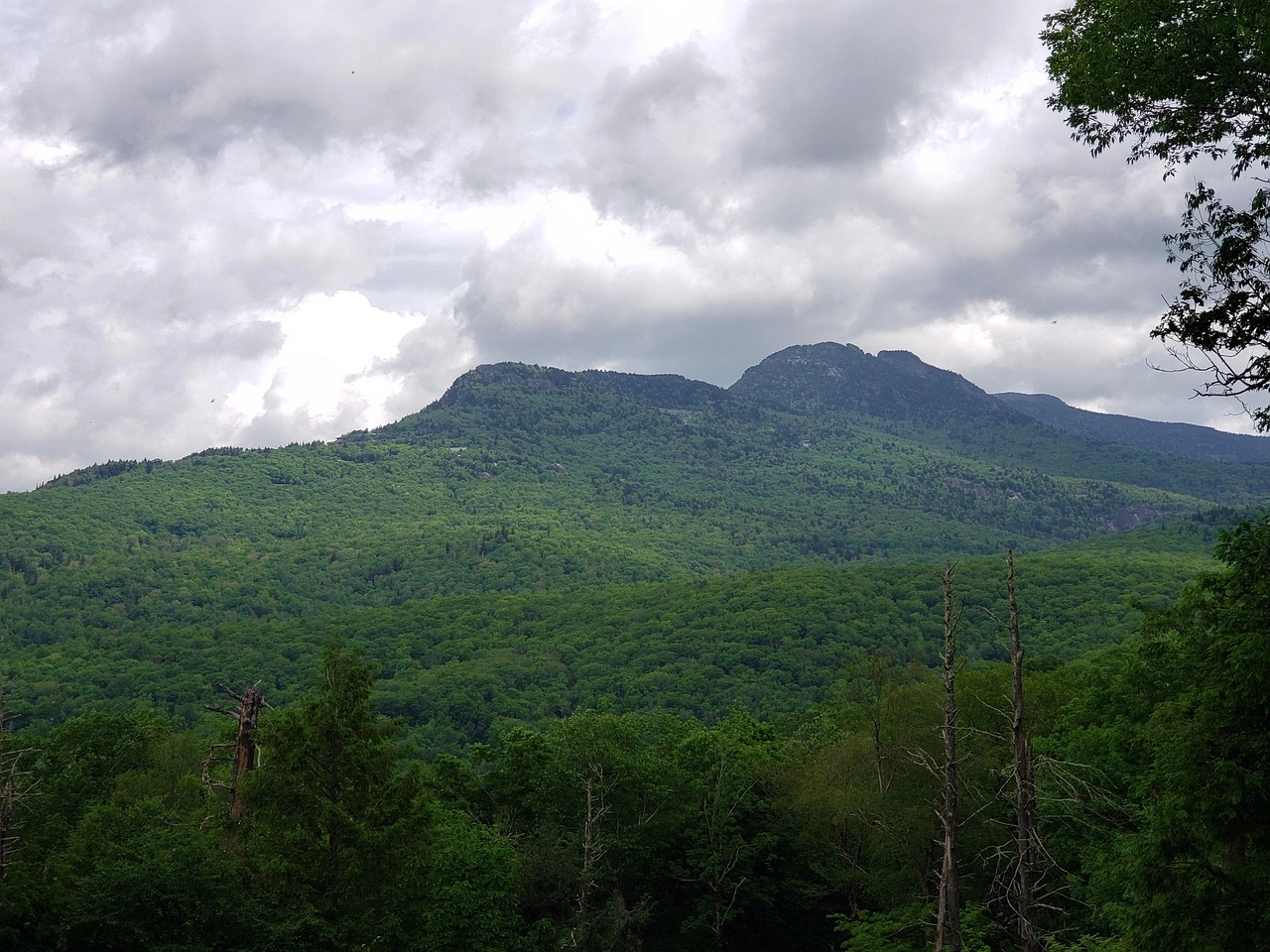Before packing your bags and heading to the Tar Heel State, it’s crucial to understand the laws to know before moving to North Carolina. From vehicle registration deadlines to tenant rights and gun laws, North Carolina has its own set of legal expectations for newcomers. This guide outlines essential legal information to help you move with confidence
10 Important Laws to Know Before Moving to North Carolina
- Vehicle Registration Law
New residents must title and register their vehicles within 30 days of establishing residency. Failing to do so may result in fines. - Driver’s License Transfer
You’re required to obtain a North Carolina driver’s license within 60 days of moving. The DMV will need proof of identity, residency, and insurance. - Gun Ownership Laws
North Carolina allows open carry without a permit, but a concealed carry permit is required for handguns. Permits require background checks and safety training. - Property Tax Laws
Property taxes vary by county. New homeowners must file a property tax listing form by January 31st after purchasing a home. - Tenant Rights & Lease Laws
North Carolina law requires landlords to maintain safe and livable housing. Tenants have legal rights to withhold rent if necessary repairs are not made. - Homeschooling Laws
Families who homeschool must file a Notice of Intent with the NC Division of Non-Public Education and keep records of attendance and immunization. - Alcohol & Smoking Laws
The legal drinking age is 21, and alcohol sales are regulated by local ordinances. Smoking is banned in most public places, including restaurants and bars. - Employment & Labor Laws
North Carolina is an “at-will” employment state, meaning employers can terminate employees without reason, as long as it isn’t discriminatory. - Car Inspection Requirements
Emissions and safety inspections are required annually in certain counties. You must complete this before renewing your vehicle registration. - Tax Responsibilities for New Residents
Once you become a resident, you’re subject to state income tax (flat rate of 4.75%) and sales tax, which ranges depending on the county.
Pros of Living in North Carolina
- Affordable Cost of Living
North Carolina boasts a cost of living that’s approximately 4% lower than the national average. Housing is particularly affordable, with median home prices around $275,000, making homeownership accessible for many . Utilities, groceries, and transportation costs are also relatively low, contributing to overall affordability.Moving RelocationOgma Blogger+1Moving Relocation+1
- Diverse Natural Landscapes
From the majestic Blue Ridge Mountains to the serene Atlantic coastline, North Carolina offers a variety of natural settings. Residents can enjoy hiking, skiing, surfing, and beachcombing, all within a few hours’ drive. The state’s diverse geography caters to outdoor enthusiasts year-round.
- Thriving Job Market
North Carolina’s economy is robust, with a projected addition of over 553,000 jobs by 2024 . Key industries include technology, healthcare, finance, and manufacturing. Major employers like Bank of America, Duke Energy, and IBM have a significant presence, offering ample employment opportunities.proconly.comproconly.com+2Moving Relocation+2All In The Diffrence+2
- Renowned Educational Institutions
The state is home to prestigious universities such as Duke University, the University of North Carolina at Chapel Hill, and North Carolina State University. These institutions contribute to a vibrant academic environment and offer various educational and cultural opportunities .Apartment Guide
- Mild Climate
North Carolina experiences a temperate climate with four distinct seasons. Winters are generally mild, and while summers can be hot and humid, the overall weather is favorable for those seeking to avoid extreme temperatures .
- Rich Cultural Heritage
The state’s culture is a blend of Native American, European, and African American influences. This diversity is reflected in its music, cuisine, festivals, and arts scenes, particularly in cities like Asheville, Raleigh, and Charlotte .
- Vibrant Arts and Entertainment Scene
North Carolina offers a thriving arts scene, with numerous galleries, theaters, and music venues. Cities like Asheville are known for their artistic communities, while Charlotte and Raleigh host various cultural festivals and events throughout the year.
- Outdoor Recreational Opportunities
The state’s diverse landscapes provide ample opportunities for outdoor activities such as hiking, fishing, boating, and camping. National parks, state forests, and coastal areas offer residents and visitors a chance to connect with nature.
- Strong Community Feel
Many towns and cities in North Carolina maintain a strong sense of community. Southern hospitality is prevalent, and neighborhoods often host local events, farmers’ markets, and festivals that foster community engagement.
- Growing Economy
North Carolina’s economy is expanding, with significant investments in sectors like clean energy and technology. Companies such as Toyota are investing billions in the state, creating thousands of jobs and boosting economic growth .proconly.comAP News
Cons of Living in North Carolina
- Traffic Congestion in Urban Areas
Cities like Charlotte and Raleigh experience significant traffic congestion, especially during peak hours. Rapid population growth has outpaced infrastructure development, leading to longer commute times .Family Finance+2Apartment Guide+2Redfin+2
- Limited Public Transportation
Outside major metropolitan areas, public transportation options are limited. Residents often rely on personal vehicles for commuting, which can be inconvenient for those without access to a car .Family FinanceMoving Relocation
- Hot and Humid Summers
Summers in North Carolina can be hot and humid, with temperatures often exceeding 90°F. High humidity levels can make outdoor activities uncomfortable during peak summer months .Moving Relocation+1Apartment Guide+1
- Risk of Natural Disasters
The state is prone to natural disasters such as hurricanes, particularly in coastal regions. Residents need to be prepared for severe weather events during hurricane season .brakeandhegyan.com
- Variable Quality of Public Education
While North Carolina has renowned universities, the quality of public education varies across the state. Some rural and low-income areas face challenges like underfunded schools and teacher shortages .Family Finance+1Apartment Guide+1
- Healthcare Accessibility in Rural Areas
Access to healthcare can be limited in rural parts of North Carolina, with fewer medical facilities and professionals available. This can pose challenges for residents requiring specialized care .Family Finance
- Higher Taxes Compared to Some States
North Carolina has a flat income tax rate of 4.75% as of 2023, with sales tax rates varying by county. While not the highest in the nation, taxes can be higher compared to states with no income tax .Next Stop Movers Raleigh NC+1Moving Relocation+1
- Urban Sprawl
Rapid development in urban areas has led to urban sprawl, affecting green spaces and leading to longer commutes. This expansion can impact the quality of life and environmental sustainability .Family Finance
- High Pollen Levels
North Carolina’s lush vegetation contributes to high pollen levels, particularly in spring and fall. This can be problematic for individuals with allergies .Apartment Guide
- Unpredictable Weather Patterns
The state experiences variable weather, with sudden changes in temperature and unexpected storms. This unpredictability can be challenging for residents planning outdoor activities .Redfin
Best Places to Live in North Carolina
- Raleigh: Known for its research institutions and tech industry, offering a blend of urban and suburban living.
- Charlotte: A major financial hub with diverse neighborhoods and a vibrant cultural scene.
- Asheville: Nestled in the mountains, renowned for its arts community and scenic beauty.
- Durham: Home to Duke University, with a growing economy and rich history.
- Wilmington: A coastal city offering beach access and a charming downtown area.
FAQs on Laws to know before moving to north Carolina
Is North Carolina a Safe State to Live In?
North Carolina is generally considered a safe place to live, though safety can vary by city and neighborhood. While the state isn’t among the top 10 safest states nationally, many of its communities boast low crime rates and strong community policing efforts.
What Is the #1 Safest City in NC?
According to SafeWise’s 2025 rankings, Davidson tops the list as the safest city in North Carolina. Other cities noted for their safety include Rolesville, Whispering Pines, and Pinehurst .AreaVibes+2SafeWise+2Reolink+2
What Is the Crime Rate in North Carolina?
Crime rates in North Carolina vary by location. Urban areas like Charlotte and Raleigh may experience higher crime rates compared to smaller towns and suburbs. It’s advisable to research specific neighborhoods and consult local crime statistics when considering a move
Is NC Expensive to Live In?
North Carolina’s cost of living is relatively moderate. According to SoFi, the average annual cost of living in the state is approximately $43,959 . Housing costs are about 14% lower than the national average, while utilities are around 2% lower
What Are the Major Issues Facing North Carolina?
North Carolina faces several challenges, including:
- Natural Disasters: The state is prone to hurricanes, tornadoes, and flooding. Hurricane Helene in 2024 caused significant damage, highlighting the need for improved disaster preparedness .ABC11 Raleigh-Durham+4NC Newsline+4The Washington Post+4
- Healthcare Affordability: Approximately 61% of residents find it somewhat or very difficult to afford healthcare costs .covidstates.org
- Public Transportation: Many areas lack comprehensive public transit systems, leading to increased reliance on personal vehicles.
- Education: The state’s public school system ranks 33rd nationally, indicating room for improvement .PODS
What Are the Biggest Risks of Living in North Carolina?
Living in North Carolina comes with certain risks, primarily related to natural disasters:
- Hurricanes: The coastal regions are susceptible to hurricanes, which can cause extensive damage.
- Flooding: Heavy rains and storms can lead to flooding, particularly in low-lying areas.
- Tornadoes: The state experiences tornadoes, especially during the spring and summer months.





